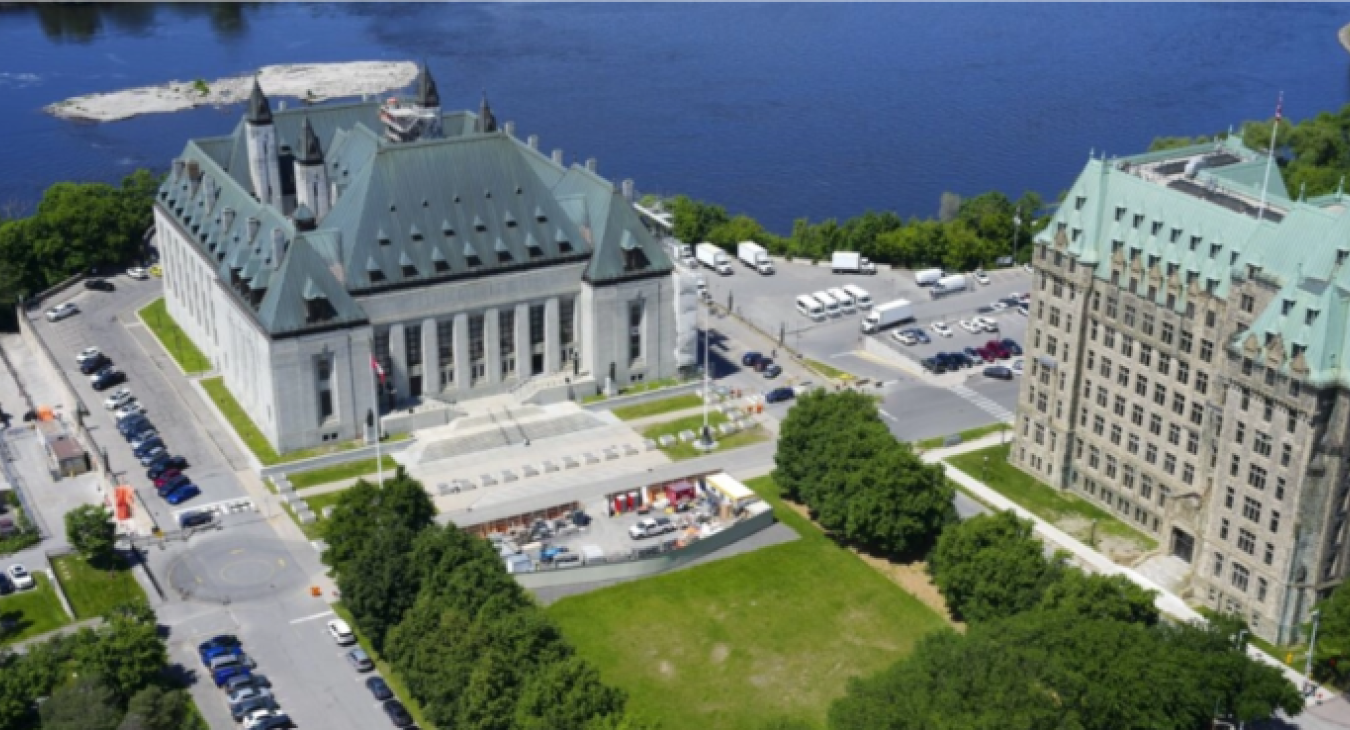Ottawa Asks Supreme Court to Limit Use of the Notwithstanding Clause
The federal government has asked the Supreme Court of Canada to set boundaries on the use of the Notwithstanding Clause (Section 33 of the Charter of Rights and Freedoms). The clause allows provinces to pass laws overriding certain Charter rights and shielding them from judicial review for up to five years.
Justice Minister Sean Fraser said on Sept. 18 that this is a fundamental constitutional issue that will shape the balance of power between Ottawa and the provinces “for years to come.”
The move comes amid litigation over Quebec’s secularism law, Bill 21, which bans teachers, judges, and police officers from wearing religious symbols. Quebec’s Court of Appeal upheld the law in February, and Premier François Legault has vowed to keep invoking the clause.
Other provinces have also used it: Ontario to restrict election spending and during education labour disputes, Saskatchewan to pass its “Parents’ Bill of Rights,” and Alberta Premier Danielle Smith has suggested she may use it to defend legislation restricting gender transition for minors.
Conservatives, meanwhile, have argued for using the clause to impose tougher sentences for serious crimes. Leader Pierre Poilievre has pledged to use “all constitutional tools available.”
Prime Minister Mark Carney stressed that it will be the Supreme Court — not Parliament — that determines whether repeated use of the clause is permissible.
